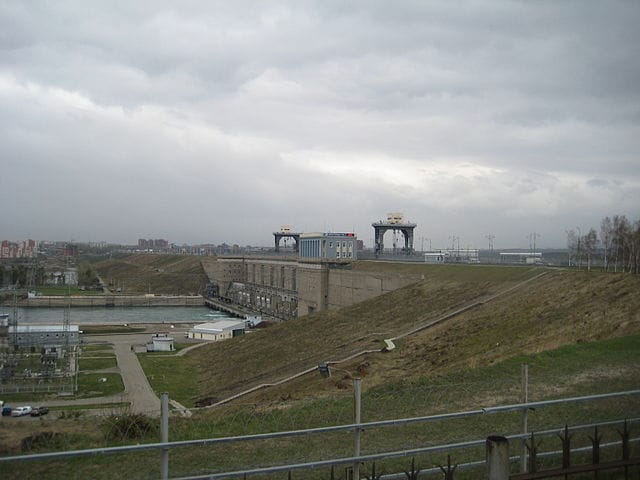The Russian crypto mining industry could be set for a $4 billion boost, representatives claimed at a media event in Irkutsk, Siberia.
Per the media outlet SIA, however, the sector cannot expand if Moscow approves plans to impose prohibitive new tariffs on crypto miners.
Russia Crypto Mining Industry: Ready to Invest in New Facilities?
The head of the Russian Industrial Mining Association (IPM), Sergei Bezdelov, told reporters at the event:
“We are ready to invest about $4 billion in the further development of new data centers.”
Bezdelov claimed that these centers would not only mine crypto, but also potentially aid the government further its new Data Economy project.
The project is the brainchild of the Ministry of Digital Development. And Bezdelov said Russian industrial miners were “ready to provide it with space” in new and existing data centers.
He said miners would also help Moscow with “energy capacity and personnel for maintenance.” Bezdelov added:
“According to our preliminary estimates, this will help save the government $32.4 million. Building data centers is a very expensive undertaking. Not to mention the need to import equipment that Russian firms may find it difficult to buy [due to sanctions regimes].”
The IPM appears to believe this could be a sweetener as miners look to convince Moscow to ditch plans to hike their energy tariffs.
Russian Miners to Pay Higher Elecricity Prices?
The Ministry of Energy thinks increasing tariffs for crypto miners will help reduce the load on grids.
This is a particular worry in Irkutsk. The oblast has become the de facto capital of the Russian crypto mining industry.
Energy Ministry Policies to Scupper Industry?
The ministry thinks higher energy prices will deter new miners from setting up shop. It also hopes to dissuade larger players from scaling up their operations.
Sergei Sasim, Director of the Center for Research in the Electric Power Industry of the National Research University Higher School of Economics, said the ministry’s stance was “understandable.”
Energy providers claim that by 2029, mining could lead to deficits of up to a combined 3.5 GW in Eastern Siberia, the Far East, and Southern Russia.
Sasim claimed that despite these warnings, there was no need for concern. He said the country’s “energy system as a whole will remain in a surplus.”
Only 14% of this deficit was forecast for the Irkutsk region, Sasim added. He explained that mining was not the sole cause of forecasted deficits. And he said tariff hikes for miners would not be “a universal solution.”

Russian experts claim Irkutsk “accounts for approximately a quarter of the entire country’s crypto mining industry.”
According to Tass, Bezdelov claimed in January this year that legalizing the Russian crypto mining industry could help the state raise $540.3 million in tax revenue.
Could Crypto Mining Help Russia Fight Sanctions?
Miners have additionally urged policymakers to consider further potential economic benefits.
Dmitry Zuev, the CEO of the mining firm NGE Farm, said mining could help Russia create a “source of universal, decentralized liquidity for international payments in the context of anti-Russian sanctions.”
Some Russian businesses are already using crypto payments in place of fiat in attempts to evade sanctions.
A growing number of Russian families are settling in Latin America, visa approval data shows, as Russia’s war in Ukraine enters its third year. Exiles and experts cite major attractions for Russian citizens seeking to escape war and its economy impacts https://t.co/qFVMqqSHRw pic.twitter.com/poETHC4ijQ
— Reuters (@Reuters) March 17, 2024
And some believe that crypto has “helped domestic companies buy and import sanctioned equipment,” SIA noted.
Russia’s biggest crypto mining firm, BitRiver, revealed in February that is set to spend “over” $15.15 million on a new center in Buryatia, a mountainous republic that borders Mongolia to its south.
Many forecasters expect the rate of inflation in Russia to fall to just 4% before long, and households’ expectations of future increases have flattened.
Who deserves credit for the turnaround? https://t.co/35arwcHrEo 👇
— The Economist (@TheEconomist) March 16, 2024
The BitRiver CEO this year claimed that mining Bitcoin would become much more profitable in Russia than in the United States after the next BTC halving event.